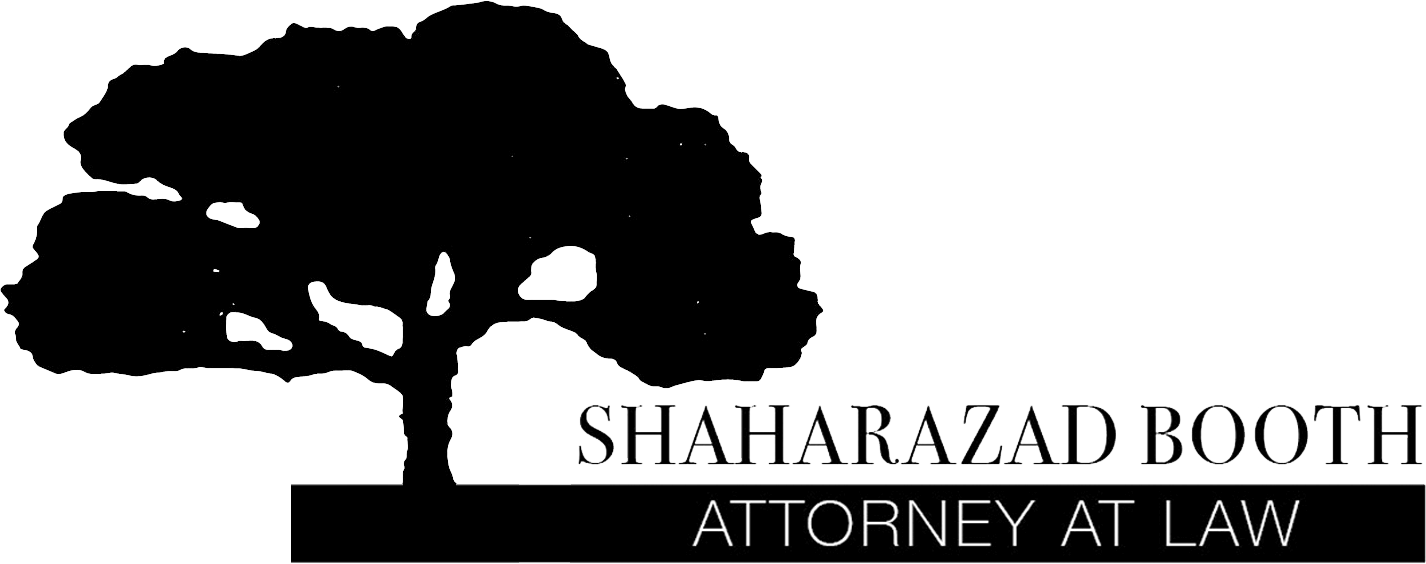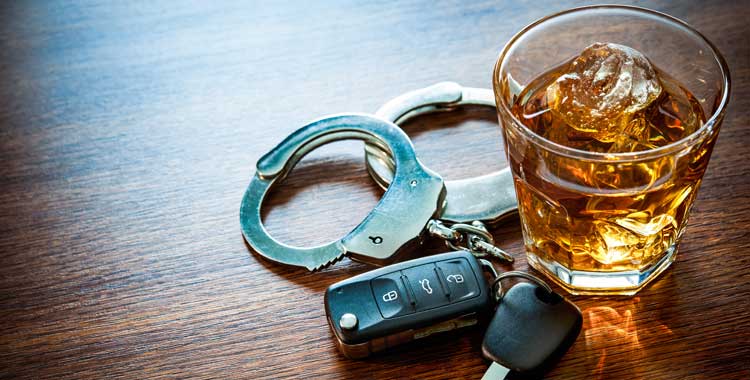Here’s What Happens After You Get Arrested for Drunk Driving in New Mexico
”Drunk driving” refers to getting behind the wheel of a motorized vehicle after consuming alcohol. You might think you are okay to drive if you’ve only had one drink, but alcohol starts affecting you from the first sip. If it impairs your driving in any way, you could end up in serious trouble.
Like all states, New Mexico has specific drunk driving laws, or laws for driving while intoxicated (DWI). Understanding the laws and what happens after an arrest for drunk driving can go a long way toward protecting your legal interests.
Grounds for drunk driving arrest in New Mexico
Police officers in the United States need reasonable suspicion to stop a vehicle.
”Reasonable suspicion” means an officer must be “aware of specific and articulable facts, together with rational inferences from those facts” that would lead the officer to believe that the law is being violated. This suspicion must be more than a mere hunch. For example, reasonable suspicion exists if a police officer witnesses a driver swerving and crossing lanes. Reasonable suspicion also exists if a police officer sees you commit a minor traffic violation, such as a failure to use your turn signal. In either case, the witnessing police officer has grounds to stop you.
If an officer pulls you over and observes signs that you may be under the influence of alcohol, the officer may arrest you if there is probable cause. The reasonable suspicion required to stop you is separate from probable cause, which is usually determined by the administration of field sobriety tests. During a field sobriety test, the officer might instruct you to walk heel-to-toe, turn, and walk heel-to-toe in the other direction, or to stand on one leg. If you refuse to take a field sobriety test, your refusal can constitute part of probable cause if the officer observes other signs that you are under the influence of alcohol, such as slurred speech or fumbling.
Post-arrest
After you have been arrested drunk driving, either a breath or blood test will be administered to determine your blood alcohol concentration (BAC). According to the Implied Consent Act, by operating a motor vehicle you consent to take such a chemical test, and there are several consequences for refusing.
In New Mexico, the legal limit is a BAC of .08 if you are 21 years of age or older, .02 if you are under 21 years of age, and .04 if you are driving a commercial vehicle. If your BAC is at or over the legal limit, or if you refuse to take the test altogether, your driver’s license will be confiscated.
License revocation and reinstatement
If your license is confiscated following arrest, the officer will notify the New Mexico Motor Vehicle Division and your license will be revoked, usually for one year. The revocation goes into effect twenty days after your arrest. You have the right to protest the revocation within 10 days following your arrest. You will be required to request an administrative hearing, which will be scheduled to take place within 90 days.
In general, this hearing requires a relatively low standard to uphold the revocation. The hearing will address procedural issues only, such as whether the officer had reasonable grounds to stop you, whether you were arrested, and whether the police officer informed you of your rights regarding chemical tests and administered the test properly.
If your license revocation is upheld, then you will be required to meet certain requirements before having your license reinstated. This involves having an ignition interlock device installed in your vehicle and fulfilling the revocation period.
Legal process
The revocation of your license is an administrative process and separate from the legal process that can result in a DWI conviction. DWI is a criminal offense that is accompanied by serious penalties. For a first offense, 24 hours of community service, “DWI school,” an alcohol and drug screening program, and installation of an ignition interlock device are mandatory. Upon conviction, your license will also be revoked for one year, even if your license was already revoked for failing or refusing to take a chemical test. If your license is revoked after arrest and then again for conviction, though, the revocations will run concurrently.
In addition to the mandatory penalties, you can face up to 90 days in jail and a $500 fine for a first offense. With each subsequent offense, the penalties are increased.
A conviction for DWI will have many negative consequences for your life in the short term, but the long-term effects may be even worse. A DWI conviction stays on your driving record for 55 years. Unless the record is expunged by a judge, this is public information that can be viewed by car insurance companies, future employers, creditors, and others.
You have the right to defend yourself or to use a public defender, but you should carefully consider all of your options when facing DWI charges. Public defenders have many clients and a heavy workload, and you want an experienced DWI attorney with time to review your case carefully who will provide you with the best possible defense.
Legal assistance
When it comes to DWI, do not take chances with your future. The attorneys at Shaharazad McDowell Booth Law are available to offer you their experience and expertise. Do not settle for second best: go with a legal team that has your best interests in mind.


 Shaharazad McDowell Booth is a criminal, family, and personal injury law attorney who specializes in DWI cases.
Shaharazad McDowell Booth is a criminal, family, and personal injury law attorney who specializes in DWI cases. 


